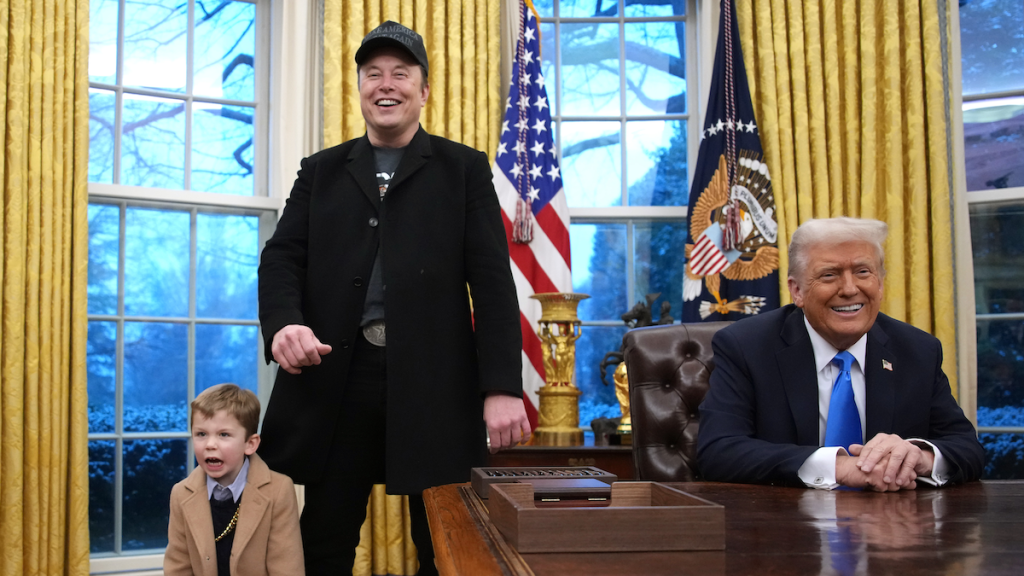Elon Musk has officially exited his role in the Trump administration, concluding a contentious five-month tenure as head of the Department of Government Efficiency (DOGE). His departure follows escalating policy disagreements, mounting public criticism, and growing investor concerns over his dual roles in government and business.
Appointed as a special government employee in January 2025, Musk was tasked with leading DOGE, an initiative aimed at reducing federal bureaucracy and cutting government spending. Initially, Musk pledged to slash $2 trillion in federal expenditures; however, DOGE reported savings of only $175 billion to date. Analyses suggest that these cuts may have cost taxpayers an additional $135 billion in 2025 due to implementation challenges and legal disputes.
Musk’s aggressive approach, including the elimination of approximately 260,000 federal jobs, drew significant criticism.His clashes with key cabinet members, such as Secretary of State Marco Rubio and Treasury Secretary Scott Bessent, further strained his position within the administration.
A pivotal moment came when Musk publicly criticized President Trump’s proposed spending bill, labeling it a “massive spending bill” that undermines DOGE’s objectives by increasing the federal deficit. This public dissent highlighted the growing rift between Musk and the administration.
Public opposition to Musk’s role in the government manifested in widespread protests. Movements like “50501” and “Tesla Takedown” organized demonstrations across the United States, targeting Musk’s perceived overreach and the impact of DOGE’s policies on federal employees and services.
Musk’s involvement in politics also had repercussions for his business ventures. Tesla experienced a significant decline in European sales and a 22% drop in market value. Investor confidence waned amid concerns that Musk’s political activities were detracting from his leadership at Tesla.
In response to these challenges, Musk announced plans to refocus on his private enterprises, including Tesla, SpaceX, and his AI startup xAI. He emphasized a commitment to technological innovation, particularly in autonomous vehicles and robotics, aiming to restore investor confidence and steer his companies toward future growth.
Despite his departure, Musk is expected to maintain an informal advisory role with President Trump. Commerce Secretary Howard Lutnick and other officials have affirmed Musk’s continued influence and close ties to the administration.
As Musk transitions back to the private sector, the future of DOGE remains uncertain. Speculation surrounds potential successors, with figures like Vivek Ramaswamy emerging as possible candidates to lead the department. The direction DOGE will take post-Musk is yet to be determined.
Musk’s exit marks a significant shift in the Trump administration’s approach to government efficiency and fiscal policy.His tenure, characterized by ambitious goals and controversial methods, leaves a complex legacy that will influence both political and business landscapes moving forward.


